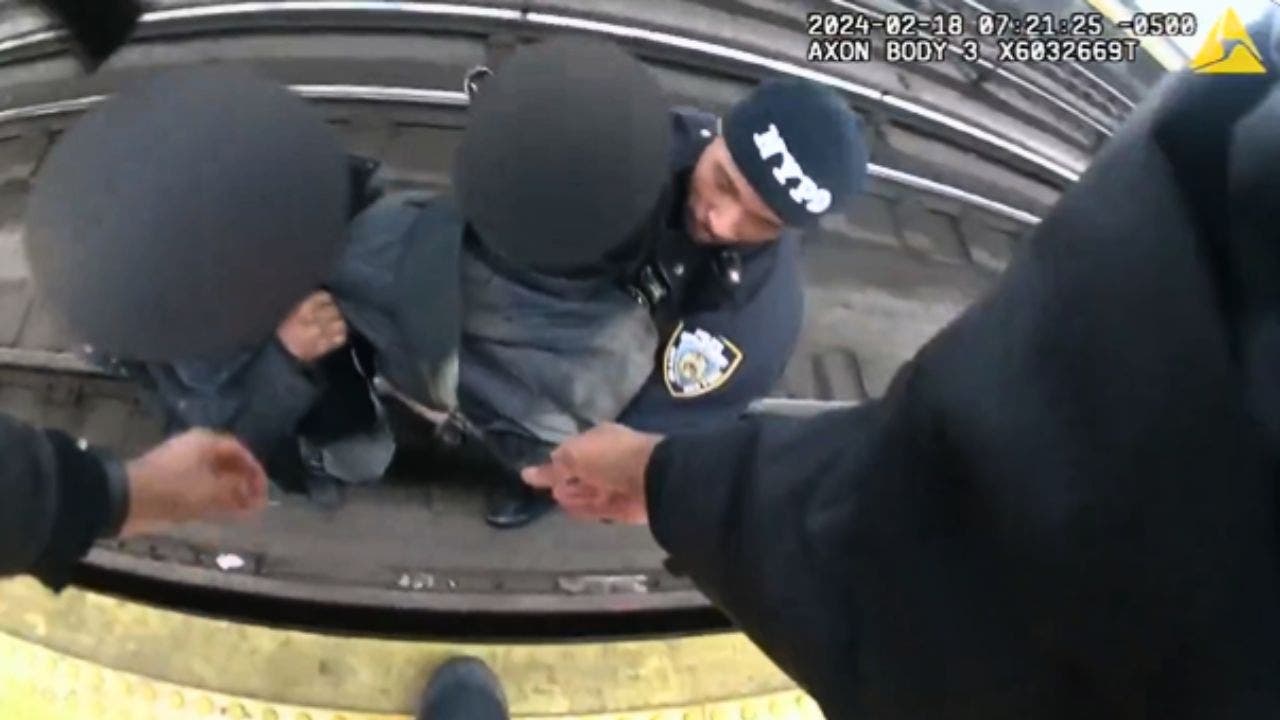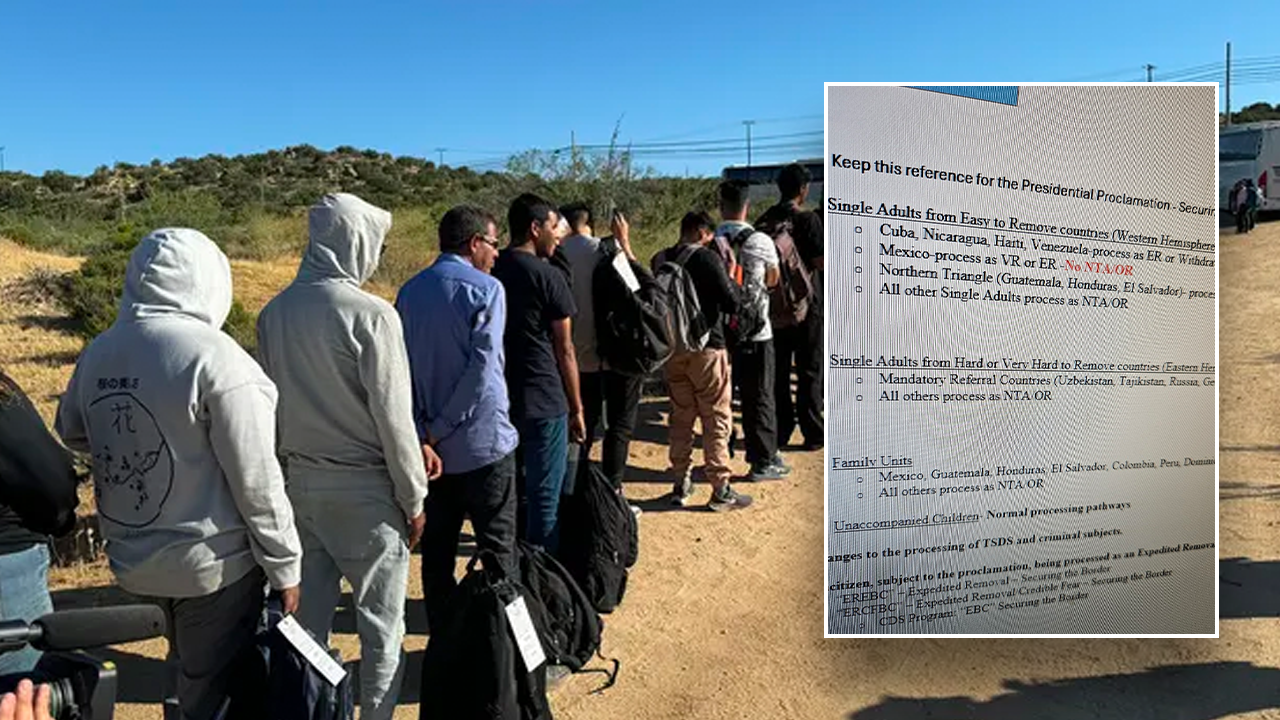Like many progressive organizations, the Association of Legal Aid Attorneys, a union that represents public defenders in the New York City area, has been convulsed by battles over Israel’s war in Gaza. A recent article in the right-leaning Free Press revealed the strident and sometimes ugly language that union members used during a fight over a resolution, passed in December, condemning Israel’s actions and supporting a boycott of the country. In messages from a group chat, defenders of Israel were called “fascists” and, in one case, “mentally disturbed.”
It’s easy enough to see why some union members found the environment toxic, and why many resented the way a fight about foreign policy distracted from their mission as legal aid lawyers to serve their clients. Nevertheless, it’s disturbing that Congress is now investigating the union over the resolution, an alarming degree of government intrusion into the free speech rights of a private organization.
“Unions are granted an effective monopoly under federal law, enabling them to act as the exclusive bargaining representative for the employees they represent,” Representative Virginia Foxx, Republican chairwoman of the House Committee on Education and the Work Force, wrote in a letter to the union’s president. “When union bosses act in a way that is purposefully divisive and combative toward their membership, they challenge the validity of their monopoly.”
The idea that the resolution pit “union bosses” against the rank and file is a strange one, since the resolution passed by a vote of 1,067 to 570, but the framing reflects Foxx’s broader hostility toward organized labor. On Monday, she subpoenaed the union’s internal communications around the resolution’s passage.
The House Committee on Education and the Work Force is the same body behind the December hearing about antisemitism on college campuses that led to the resignation of the presidents of both Penn and Harvard. Foxx is now conducting inquiries into antisemitism at those schools as well as Columbia; next month, her committee will grill Columbia’s leadership.
But it’s not only universities that have been rived by protests over Israel’s war in Gaza; many unions have been as well. I worry that Foxx’s investigation into the Association of Legal Aid Attorneys will be just the beginning, and that her committee will use the genuine scourge of antisemitism as a pretext to target organizations seen as hostile to the right.
Republicans in Congress, said Will Creeley, legal director of the civil libertarian Foundation for Individual Rights and Expression, see “blood in the water.” The December hearing was a partisan triumph, especially for Elise Stefanik, the ambitious young New York Republican whose questions led the university presidents into a public relations debacle. The Republicans “know that they’ve knocked off some powerful heads of powerful institutions that they may not like,” said Creeley. “They know that they’ve got the political wind at their back. And so they think, ‘Well, what else can we do here? Here we’ve got this big weapon. How else can we swing it?’”
Labor unions are a natural target. “I was at first surprised by the shift to labor from universities,” said Representative Pramila Jayapal, chair of the Congressional Progressive Caucus and a member of Foxx’s committee. “But then I realized that this is just one effort to quell the growing labor movements across the country.”
Foxx is taking direct aim at the sort of language that’s become common among many unions’ younger and more militant members. She slammed the resolution passed by the lawyers’ union for referring to the Oct. 7 attack on Israel only as a “violent tragedy,” saying, “It is deplorable that this resolution fails to condemn or even acknowledge Hamas’s role in the attack in any way, shape or form.” Perhaps, but policing the way labor unions talk about Israel should not fall to a congressional committee.
Like me, Creeley hears echoes of the House Un-American Activities Committee — which hunted for Communist influence in realms including education and entertainment — in Foxx’s state-sponsored crusade against antisemitism on the left. “Asking people to come and answer for their political beliefs expressed in internal emails, no matter how repugnant to some, many, or most, is sharply at odds with our First Amendment commitment to protecting even the speech that we hate,” he said.
He pointed me toward a line from Hugo Black’s dissent in the 1959 Supreme Court case Barenblatt v. United States that crystallizes why Foxx’s subpoena is so troubling. In that case, a college professor named Lloyd Barenblatt was hauled in front of the House Un-American Activities Committee, which wanted to know if he’d had Communist associations while in graduate school at the University of Michigan. Barenblatt refused to answer, citing not his Fifth Amendment protection against self-incrimination, but his First Amendment right to free speech and association. After he was held in contempt of Congress, the case made its way to the Supreme Court, where a five-justice majority ruled against him, citing the state’s interest in “self-preservation” in the face of the Communist threat.
In his dissent, Black wrote that “the people” had an interest “in being able to join organizations, advocate causes and make political ‘mistakes’ without later being subjected to governmental penalties for having dared to think for themselves.” In retrospect, it seems obvious that Black was correct. Even if you strenuously disagree with the union’s resolution, you should recognize its right to be wrong without Congress getting involved.






